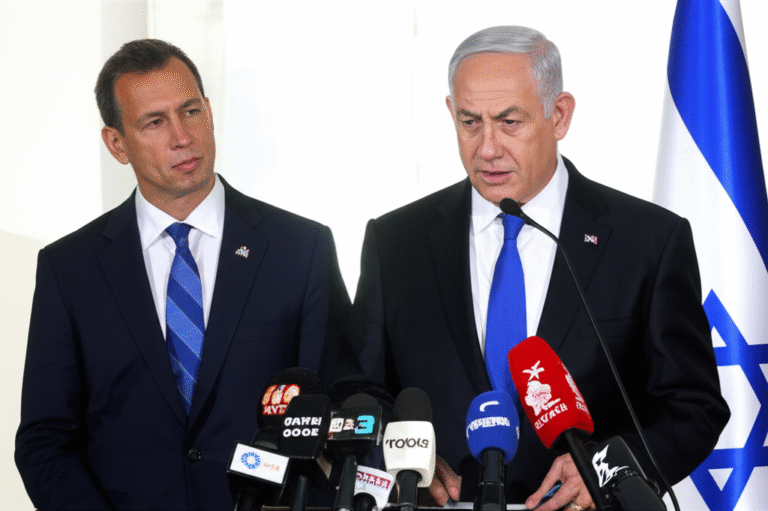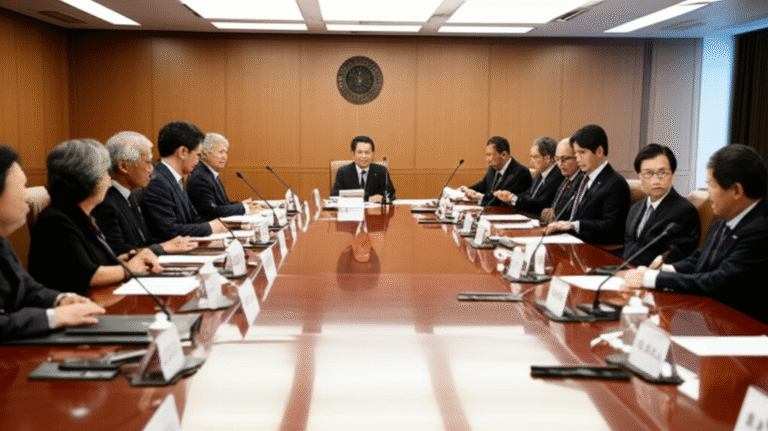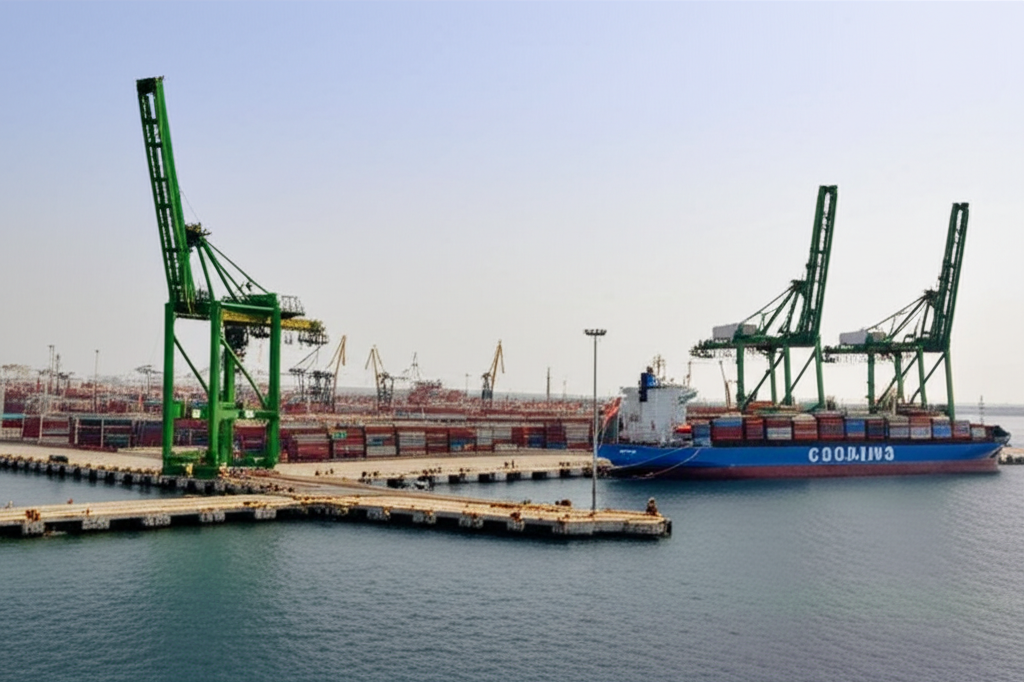
US Revokes Sanctions Waiver for Iran’s Chabahar Port
The United States government has announced it is revoking a key sanctions waiver related to Iran’s Chabahar Port, a move that will directly expose its operators to American penalties. The new **Chabahar Port sanctions** regime will become effective on September 29, 2025, terminating a special exemption that had been granted to India in 2018. The decision, part of the Trump administration’s stated “maximum pressure” policy against Iran, could have significant repercussions for India’s strategic and economic interests in the region. The US Department of State confirmed the policy shift in a statement, signaling a harder line on entities engaging with the Iranian port. This action aligns with a broader campaign to isolate the Iranian regime by targeting its financial networks and sources of revenue. The revocation means that any individuals or companies involved in the operation of the port may be subject to sanctions under the Iran Freedom and Counter-Proliferation Act (IFCA) once the deadline passes. This development introduces a new layer of complexity to international projects connected to the port, especially the long-term operational agreement signed by India earlier in 2024.

Details of the State Department Announcement
The formal announcement came from the US Department of State, which clarified the scope and timing of the policy change. State Department’s Principal Deputy Spokesperson Thomas Pigott outlined the administration’s position in a formal statement. The revocation specifically targets the sanctions exception issued in 2018 under the IFCA, which was originally intended to support Afghanistan reconstruction assistance and economic development. The statement emphasized that this exception will be nullified effective September 29, 2025. After this date, any persons who operate the Chabahar Port or are involved in other activities specified within the IFCA could find themselves exposed to US sanctions. This policy reversal is a direct consequence of what the administration calls President Trump’s “maximum pressure” campaign, a strategy designed to comprehensively isolate the Iranian government. The decision underscores a consistent effort by the US to intensify economic pressure on Iran, aiming to curb its regional influence and military programs. The move effectively removes the protective shield that had allowed certain activities at the port to proceed without the threat of American penalties, fundamentally altering the risk landscape for all stakeholders involved in its operation and development.
The ‘Maximum Pressure’ Campaign and Its Goals
The decision to impose **Chabahar Port sanctions** is framed as a component of a much larger strategy aimed at countering what the United States describes as Iran’s destabilizing activities. According to the State Department’s statement, the broader action is intended to target an international illicit financial network. This network allegedly facilitates the sale of Iranian oil, with the proceeds benefiting key Iranian military entities, including the Islamic Revolutionary Guard Corps Qods Force (IRGC-QF) and the Ministry of Defense and Armed Forces Logistics (MODAFL). The US asserts that these funds are subsequently used to support regional terrorist proxies and to advance the development of weapons systems that pose a direct threat to American forces and their allies. The legal authority for this action is cited as Executive Order 13224, a counterterrorism authority. The statement noted that this represents the fourth round of sanctions targeting Iran’s shadow banking infrastructure, initiated under National Security Presidential Memorandum 2, which directs the campaign of maximum pressure. The ultimate goal of this multifaceted pressure campaign is to isolate the Iranian regime financially and diplomatically, thereby constraining its ability to project power and fund its military and proxy forces across the region.
- The US sanctions waiver for Chabahar Port, granted in 2018, will be revoked effective September 29, 2025.
- This action is part of the Trump administration’s “maximum pressure” policy to isolate the Iranian regime.
- Port operators may face sanctions under the Iran Freedom and Counter-Proliferation Act (IFCA).
- India signed a 10-year agreement in 2024 to operate the port’s Shahid Beheshti terminal.
Implications for India’s Strategic Interests
The revocation of the sanctions waiver could significantly impact India’s strategic investments and long-term plans for the Chabahar Port. In 2024, India solidified its commitment to the project by signing a 10-year agreement with Iran for the port’s operation. This landmark deal, executed between Indian Ports Global Ltd. (IPGL) and Iran’s Port and Maritime Organisation (PMO), grants India operational control over the Shahid Beheshti terminal. This terminal is a critical component of Chabahar’s infrastructure, and India’s involvement is seen as a key element of its regional connectivity and trade strategy. The port, located in southeastern Iran, offers India a crucial trade route that bypasses rival nations and provides access to Afghanistan and Central Asia. Its proximity to the China-controlled Gwadar Port in Pakistan further enhances its strategic value. With the new threat of sanctions, the future of this agreement and the viability of India’s substantial investment are now uncertain. The policy change from Washington places Indian entities operating at the port in a precarious position, forcing a re-evaluation of the project’s risks and potential benefits in light of the impending penalties.
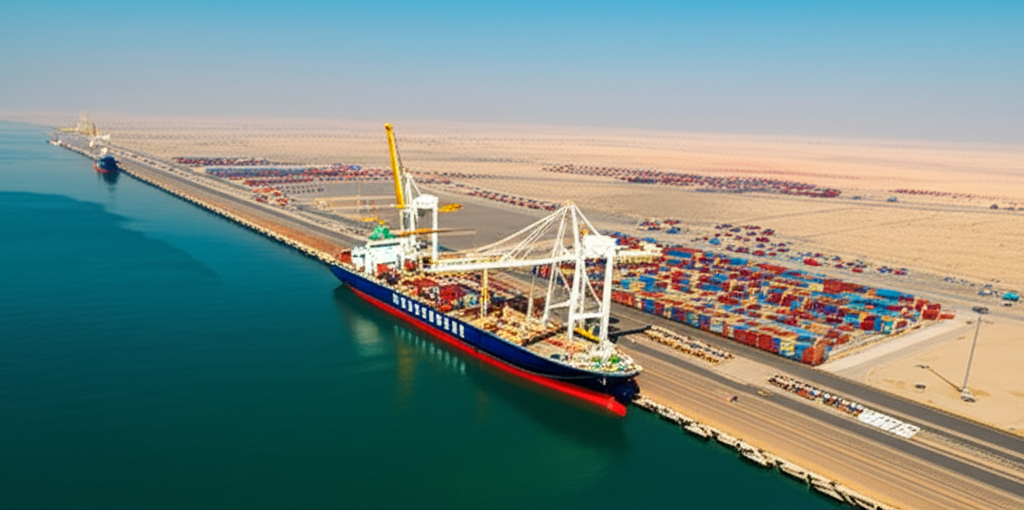
“Additionally, consistent with President Trump’s maximum pressure policy to isolate the Iranian regime, the Secretary of State has revoked the sanctions exception issued in 2018 under the Iran Freedom and Counter-Proliferation Act (IFCA) for Afghanistan reconstruction assistance and economic development, effective September 29, 2025. Once the revocation is effective, persons who operate the Chabahar Port or engage in other activities described in IFCA may expose themselves to sanctions under IFCA.”
Background
The now-revoked sanctions waiver was originally granted by the United States in 2018. Its primary justification was to facilitate Afghanistan’s economic development and reconstruction by providing a reliable trade and transit route through the Chabahar Port. This exemption allowed India, a key partner in Afghanistan’s stabilization, to develop and operate portions of the port without fear of triggering US sanctions against Iran. The port itself is a significant maritime facility, noted for its strategic and logistical advantages. It comprises two main terminals, the Shahid Kalantari and the Shahid Beheshti, each equipped with five berths, enabling substantial cargo handling capabilities. India’s involvement became more formalized in 2024 with the signing of a decade-long contract for the operation of the Shahid Beheshti terminal. This agreement between India’s IPGL and Iran’s PMO was a major step forward in India’s regional engagement strategy. However, the decision by the Trump administration to rescind the waiver marks a sharp reversal of the previous policy, prioritizing the “maximum pressure” campaign against Iran over the facilitation of reconstruction efforts in Afghanistan via the Chabahar route. This shift realigns US policy to focus more intensely on cutting off all potential revenue streams for the Iranian government.
What’s next
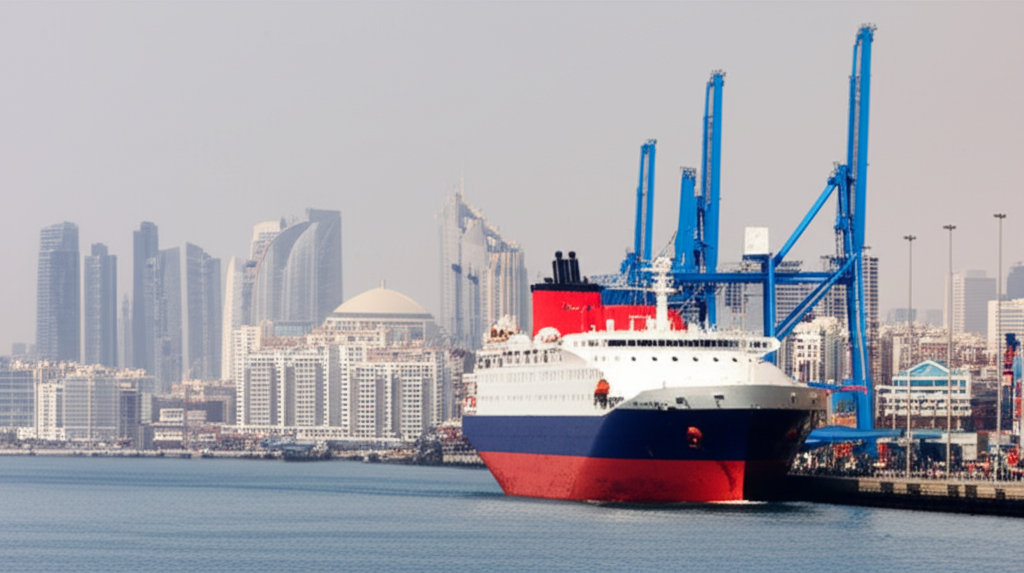
Looking ahead, the primary consequence of this policy change will manifest on September 29, 2025, when the revocation officially takes effect. From that date forward, any entity or individual involved in the operation of Chabahar Port will be at risk of being designated for sanctions by the United States under the provisions of the Iran Freedom and Counter-Proliferation Act. This creates a challenging environment for all current and potential partners in the port’s development, most notably India. The 10-year operational agreement signed in 2024 now faces considerable uncertainty, as its execution could lead to direct conflict with US law. The US objective remains clear: to exert maximum economic pressure to isolate Iran and disrupt its financial support for its military and affiliated groups, such as the IRGC-QF. The international community, particularly nations with investments in Chabahar, will be watching closely to see how the situation evolves and whether any diplomatic solutions can mitigate the impact of these renewed sanctions. The future of the port as a key hub for regional trade and a strategic asset for countries like India now hinges on navigating this complex geopolitical landscape. [Source]

